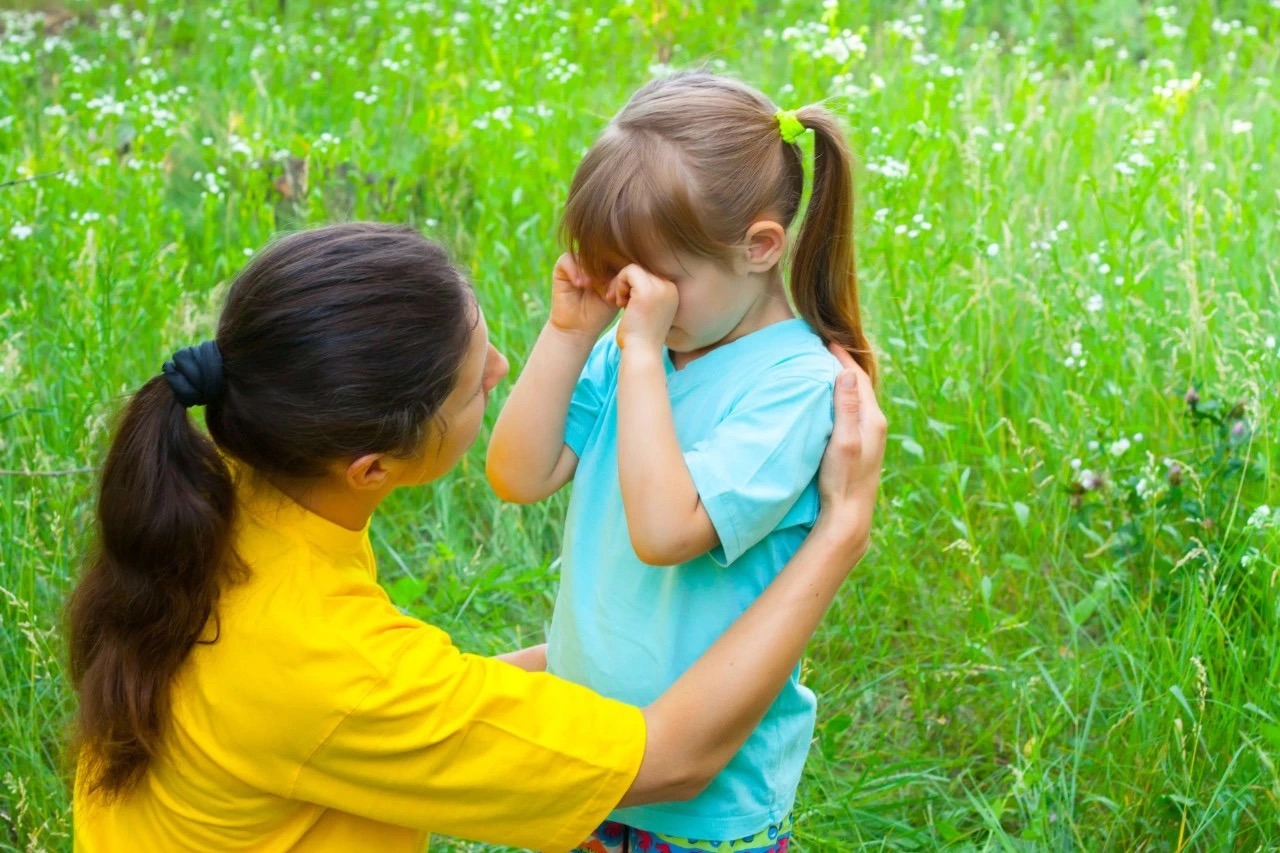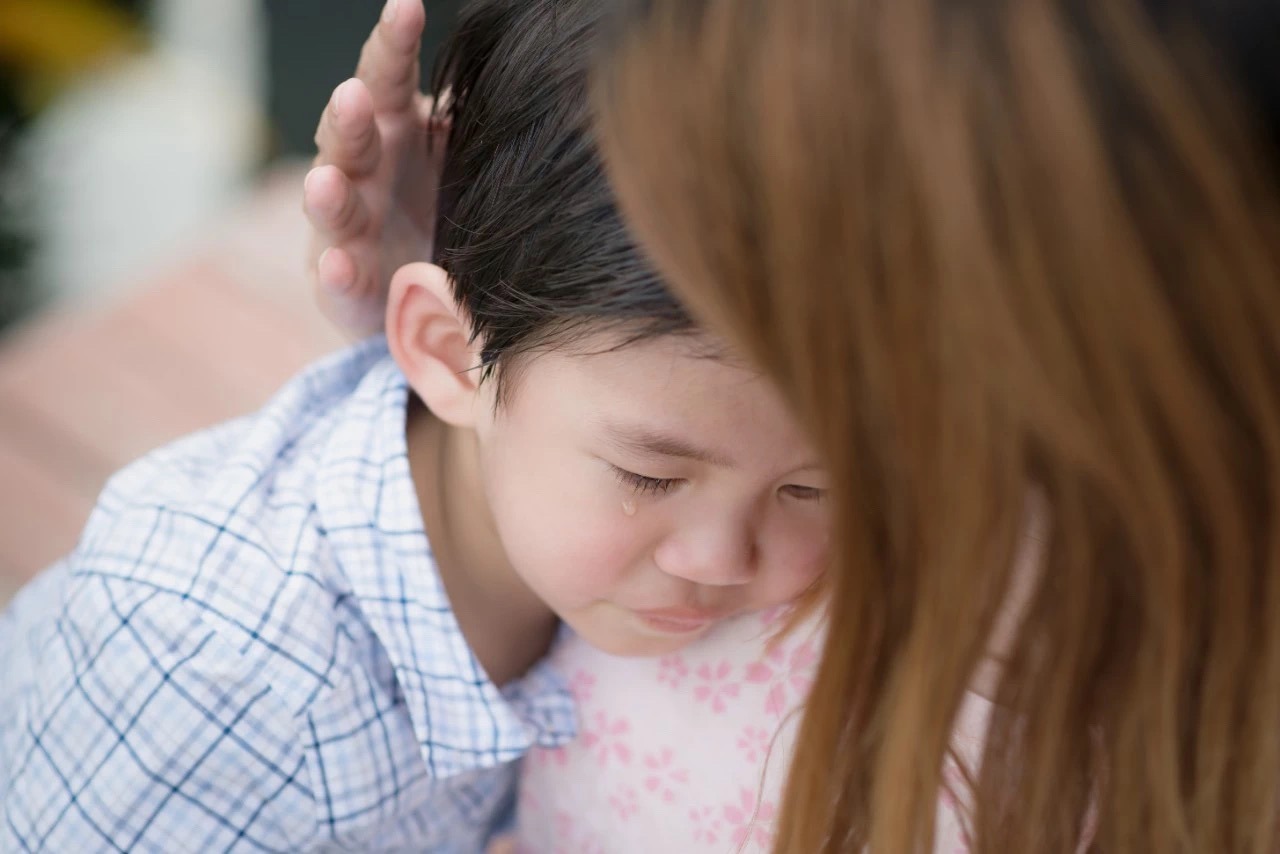Since becoming a parent, Eva’s big and small affairs have touched our nerves, and our worries have never stopped for a moment.
It is said that when Eva is old, she will be easy to take, but it is not easy to wait until Eva goes to kindergarten. The old father and mother begin to worry again about whether Eva is doing well in kindergarten.
Have you had enough?
Are you wearing warm clothes?
Have you been wronged?
How’s your study?
Every day after school, parents always care about one problem after another.
However, this kind of rapid-fire caring and attentive will often be turned away, because the children are either at a loss, or cherish words like gold, and you are not on the same channel at all!
Chat is a science, especially with children.
Only by communicating with the child can how understand the actual situation of the child in the kindergarten and help him build up confidence and better adapt to the life in the kindergarten?
Today, let’s talk about how to communicate with the child so that Eva is willing to share his kindergarten life with you.
Creating an Appropriate Interrogation Environment

Many parents are used to taking the baby from the teacher’s hand with their left hand, and starting to touch the baby’s head with their right hand, [bombing] all kinds of seemingly concerned but actually annoying condolences.
Before I could get intimate with my parents, I began to answer the questions. No wonder Eva often looked impatient and got rebuffed.
How can we find the right time to chat and let Eva say everything?
STEP 1 Express Love
The first thing to see a child is not to be caring and attentive, but to give him a big hug and talk about the missing he has accumulated for a day, so that the child can relax and feel happy.
2. Observe the situation and wait for the opportunity to move.
Observe children. If they are in a bad mood or tired, turn the questioning into caring actions. If you are in a good mood, wait for a chance to start chatting.
3. The conversation atmosphere is natural and casual.
If you refuse to meet, you will be bombarded step by step.
On the road or on the bus after school, before the child falls asleep at night, and after dinner, the time for the family to take a walk are all excellent opportunities for parent-child communication. A relaxed and pleasant conversation atmosphere will make children more willing to speak.
Chat skills are exquisite.

1. Ask only one question at a time
The child’s thinking is still relatively simple, the question is general and has no focus, and the child cannot answer it. We should have targeted questions to guide the child to talk from point to surface and Kan Kan.
2. Heuristic questions, rejecting closed questions
Closed questions are easy to cause children’s inertia in thinking and will only answer [yes] or [no], [good] or [bad].
Heuristic questions relax children. They will tell the brain to recall, think and find answers.
Let children express their thoughts through thinking, which is helpful to broaden their thinking and can also train their ability to find problems, think about problems and solve problems themselves.
3. Learn to listen and not judge easily.
When children answer questions, they often contain their own interests and values.
You can listen carefully, don’t interrupt his thinking, encourage him to express his views, don’t use adult standards to judge right and wrong, and have further discussions with him after the child has finished speaking.
4. Give trust and reassure children
No matter how the child answers, you should not show a questioning attitude.
We should let our children know that no matter when or what happens, their parents are their firm backing. You can talk and rely on them at ease.
The way of asking questions needs to be considered.

Many parents said that I also created a chat environment and paid attention to my skills, but I still didn’t know what to ask and couldn’t find what after asking for half a day.
In fact, different methods of asking the same question will have different effects.
Parents must avoid the following high-frequency error questions.
1. Negative issues
Error: Did you cry at school today?
Correct: Is there anything happy about what today?
Avoid mentioning negative behaviors, even if children have resistance when they first enter the kindergarten, they should avoid the heavy and neglect the light. Make good use of positive guidance to let children find interesting places in kindergarten and love going to school.
Error: Did anyone bully you today?
Correct: Did you play what with your children today?
Avoid putting small partners on the opposite side of children’s communication and creating bad impression.
Talking about the activities that children participate in, the tasks that need to be completed, the interaction with small partners and other related matters can mobilize the initiative of children to participate in communication, promote good communication between children and their peers, and understand the social circle and communication situation of children in the garden.
Error: Did the teacher criticize you today?
Correct: Did you help teachers or children today?
Negative questions are easy to damage children’s self-confidence and let children learn to make excuses.
Only by asking positive questions can they have something to say and be willing to open the chatterboxes. Only in this way can we understand the children’s performance in the garden through understanding the interaction with teachers and small partners.

Error: Does the teacher swear/hit people?
Correct: Is there any stipulation in the kindergarten that what cannot go home and tell his parents? We can lend you our tree hole.
Don’t complain or criticize teachers in front of children, which is not conducive to helping children and teachers to establish a good teacher-student relationship.
If you are worried and want to know about the inhumane secrets that may exist in kindergartens, you should also let your children relax their guard and find trust before you can open your heart and avoid causing panic.
2. Vague questions

Error: Did you eat what today?
Correct: Did you have rice or noodles for lunch today?
Children can’t tell all the food they have eaten yet. Asking questions from the details can make children try their best to recall and is more conducive to understanding the children’s diet.
Error: Did you do well today?
Correct: Did you perform particularly well on what today?
Eva can’t really judge her performance in the day.
We can talk about specific events and try our best to find the bright spots in the day. Children will be more willing to describe the details of the events, which can also inspire children and make them yearn for the future kindergarten life.
3. Complex issues

Error: Did you learn what today? Do you know it?
Correct: Have you learned anything new/games today? Can you teach me?
This kind of question is more complicated for children, one or two sentences are not clear, and young children cannot answer it specifically. Often asking this question may also cause pressure to children and cause weariness of learning.
You can guide your child to recall what he has learned and know, consolidate it through retelling or playing games, and stimulate his learning motivation.
Error: Do you like going to kindergarten?
Correct: What is your favorite thing in kindergarten, what/which area?
If the children who have just entered school and are still in resistance, the first question is typical tear gas. However, guiding children to pay more attention to interesting things in kindergarten can relieve anxiety in kindergarten.
When picking up the child home every day, it is the most active and exciting stage for the child to think.
Making good use of this period of time can not only understand the situation of the child in the kindergarten, but also develop thinking, create good opportunities for expression, bury a good yearning for the kindergarten in the child’s heart, and help him adapt to the collective life of the kindergarten quickly.
Learn the correct [way of questioning] and let Eva fall in love with [chatting] after school, starting from the first sentence of meeting after school…
